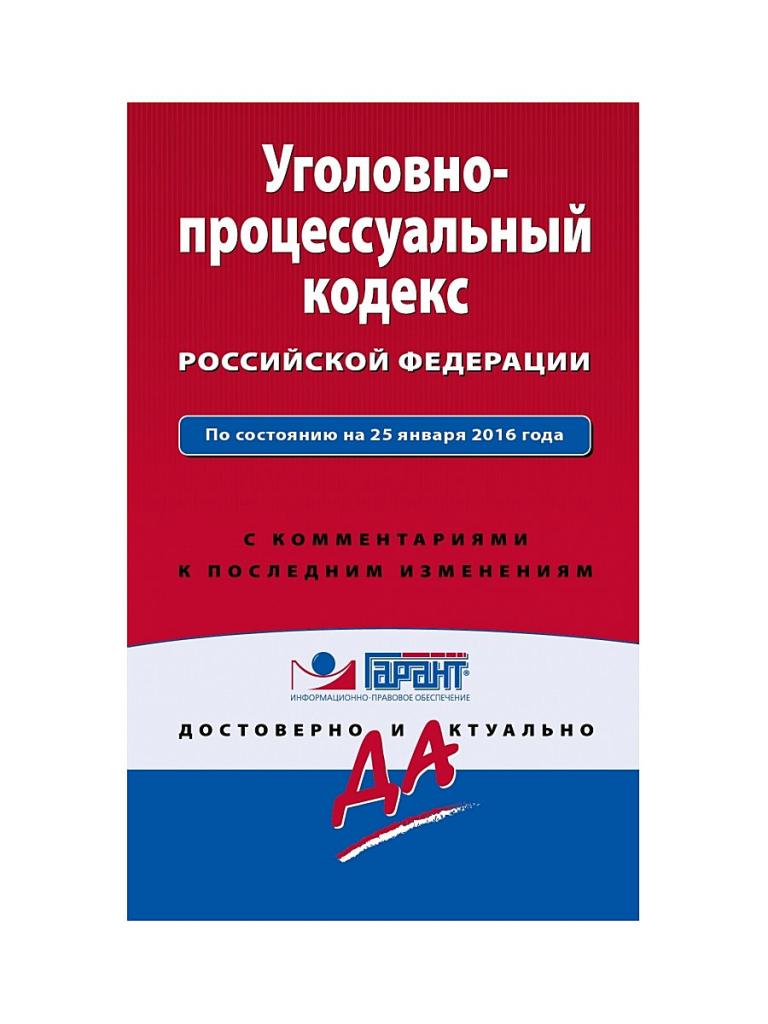The Russian judicial system allows citizens to appeal decisions of lower courts by filing complaints. To do this, there are four forms of court: appeal, cassation (2 forms), supervisory. Consider the proceedings in a supervisory review court and its distinguishing features.
The concept of appeal against a court order
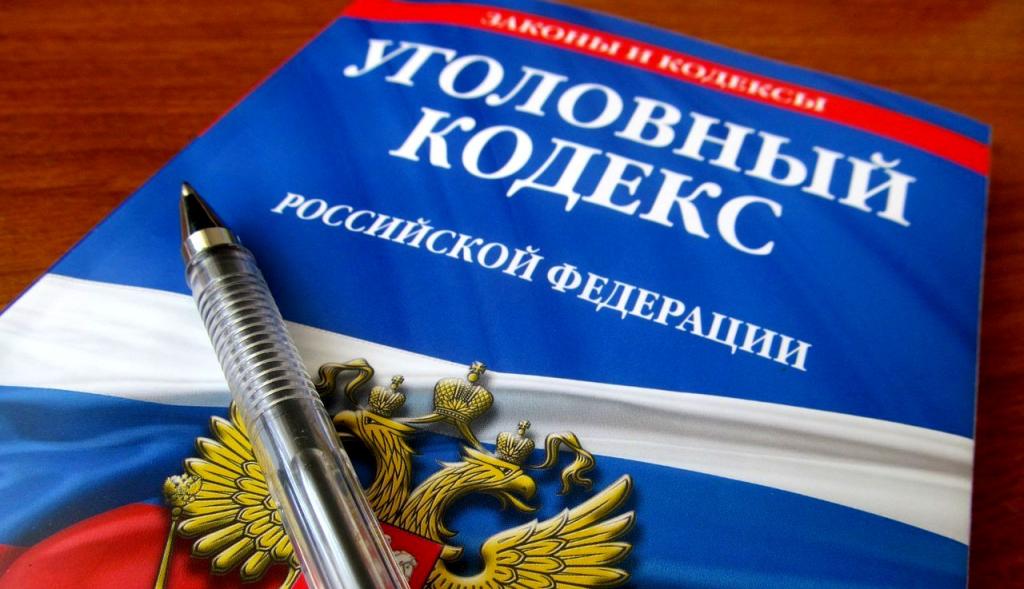
An appeal is the filing of an application, the essence of which is to appeal the decisions of a lower court on the issues established in the lawsuit. Appealing the actions of individuals and legal entities, as well as state and municipal bodies is a continuing procedure and is accompanied by the payment of a state fee in the amount established by the codes of the Russian Federation.
The order of production in the court of supervisory authority is distinguished by a purely official and complex issue. The Supreme Court of Russia considers complex cases and makes final decisions, which are not subject to appeal. In this connection, the proceedings in the court of supervisory authority are carried out in a long time.
Two types of appeal review
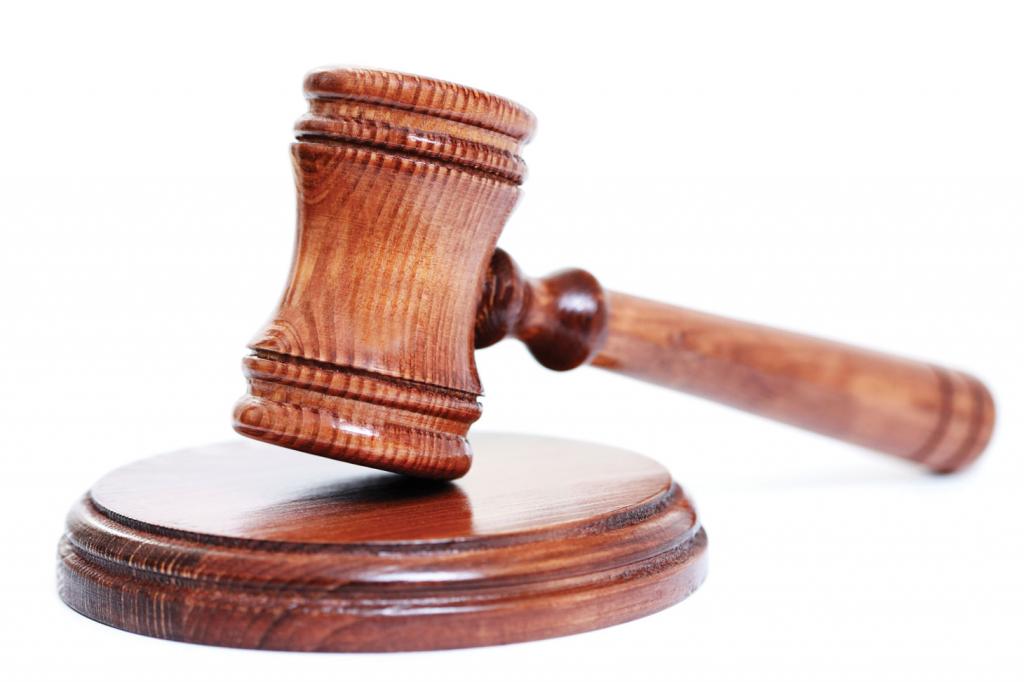
Cassation consideration of a complaint is carried out within six months, but this period is divided into two.
For convenience of perception, two cassations were singled out for a period of three months, in each of which a citizen has the right to file a complaint with a higher court or the presidium of a regional or district court. After a final decision is made in a cassation instance, 2 proceedings are carried out in a court of supervisory review, if a citizen has expressed a desire for further appeal in court. This refers to the Supreme Court of Russia.
Proceedings in the courts of cassation and supervisory review
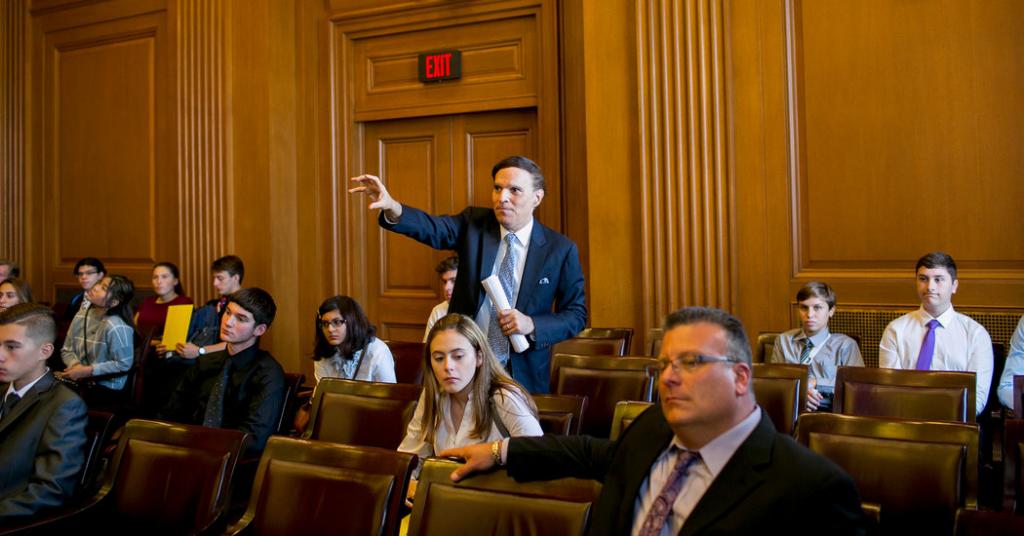
The legislator authorizes the cassation instance to verify the decision of both the appeal and the trial court. In addition, it should be noted that this institution, if necessary, has the right to verify the whole case and report on the merits. Meanwhile, the court has the right to demand documents and other acts necessary for making a lawful and informed decision.
Supervisory proceedings are carried out by the Presidium (Supreme Court of the Russian Federation).
A distinctive feature of the cassation review from the supervisory review is the limits of the study of materials. The supervisory authority has the right to check only decisions of lower courts for compliance with the law.
In addition, the cassation review is carried out only in relation to decisions that do not have legal force (that is, the deadline for entry into force). The presence of proceedings in a supervisory court criminal procedure, as an example, reflects the verification of decisions of lower courts that have already entered into legal force.
This factor indicates a clear difference between the cassation and the supervisory authority.
Persons participating in the case, as well as citizens whose rights and interests are affected by the decision, are entitled to file a complaint with the Armed Forces of Russia.
Supervision as the final stage of appeal
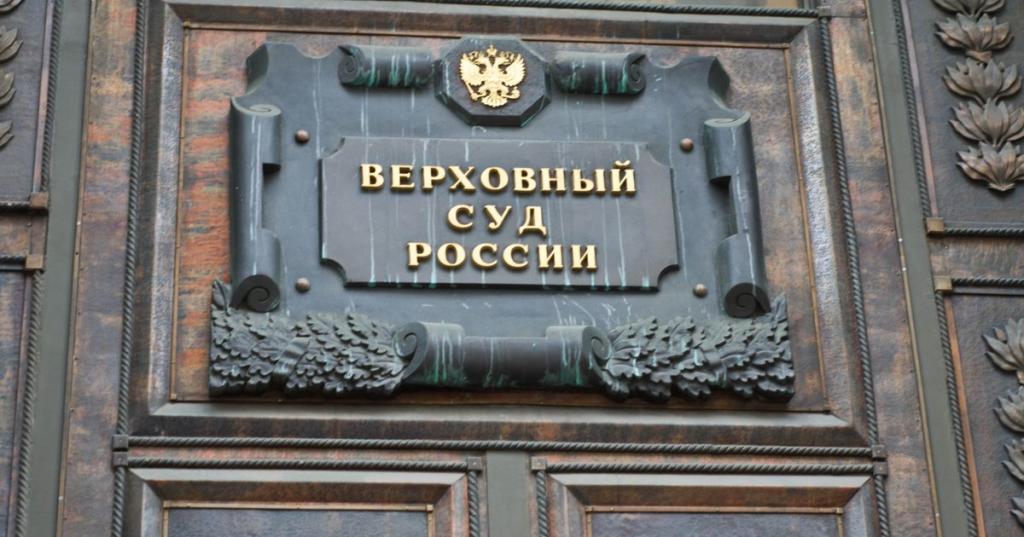
Supervisory proceedings establish their own timelines, which begin with one month. This instance makes a final decision, which is not subject to additional appeal.
The proceedings in the arbitration court of the supervisory authority are carried out by analogy with the criminal, civil and other legal branches. The complaint is submitted to the Presidium of the Russian Armed Forces, where it is examined within three months, and a final decision is made.
New review
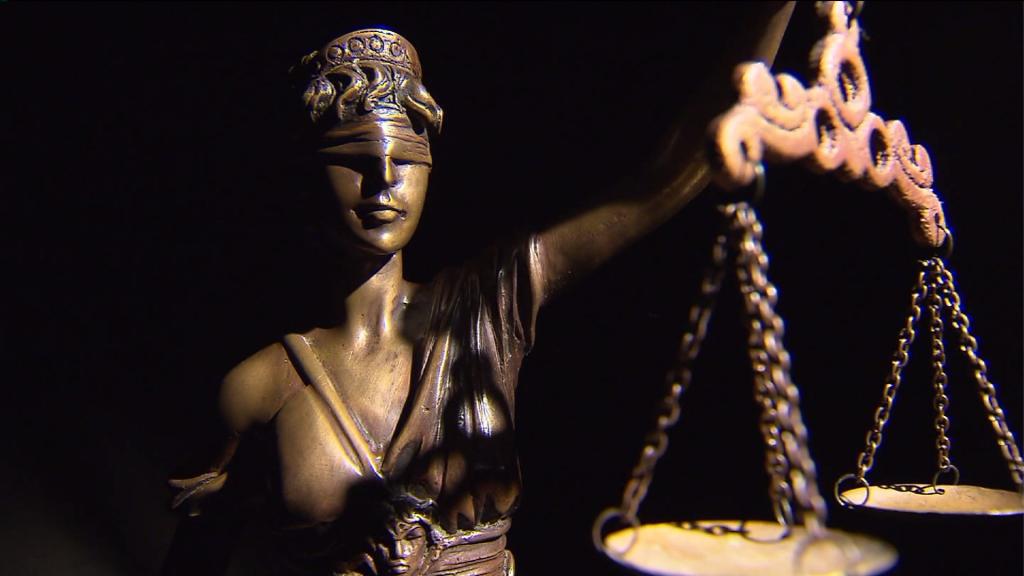
The proceedings in a supervisory court, as mentioned above, are final and not subject to appeal. However, it should be remembered that the proceedings of the supervisory authority can be continued if the plaintiff or other interested person indicates circumstances that have opened or existed before, but the court did not know about them, or the court establishes them using other tools.
This application may be submitted within the time period established by the procedural codes.
Cancellation and change of sentence
The supervisory court alters or repeals the court ruling, ruling, or sentence only if significant violations of laws established by the criminal regulatory framework are identified. In addition to the above-described reasons, the supervisory authority has the right to cancel the decision made by the court when a violation of the pre-trial agreement is established by a person.
Important! The supervisory authority in criminal proceedings cannot worsen a citizen’s situation compared to his sentence imposed by a lower court.
Competence of the Presidium of the Armed Forces of the Russian Federation
The Supreme Court, as indicated above, has the right to review only the decision of a lower court. In this connection, the court of supervisory authority (hereinafter - NI) is vested with the following list of powers:
- None in the manner prescribed by law has the right not to satisfy the supervisory representation of the prosecutor or the citizen's complaint.
- NI has the right to cancel the verdict of a lower court, as well as its decisions and decisions in relation to a person in the criminal case under consideration.
- The competence of NI includes the termination of prosecution in a criminal case.
- The court may cancel the judicial acts and redirect the criminal case to the first instance for a new trial.
- By analogy with the previous paragraph, cancel the decision of the court of appeal and send the case to appeal.
- Decide on the acts of the court of appeal (cancel) and also redirect the criminal case file to the cassation court for a new trial.
- In accordance with Article 237 of the Code of Criminal Procedure of the Russian Federation, to return the materials of a criminal case with a canceled sentence, resolution or ruling to correct errors of the indictment and other shortcomings in the criminal case. The prosecutor, in turn, sends the criminal case to the preliminary investigation body for additional investigation within the time period established by law.
- NI has every right to amend and supplement the sentence of a lower court.
- NI can leave without consideration the submission of the prosecutor or the complaint of an individual.
The NI court is obliged to clarify the basis on which a decision is made to cancel or amend a decision of a lower court.
All decisions made are made in writing and signed by the chairman with information about him, as well as the date of the decision.
The decision made by the NI court is enclosed in the materials of the criminal case, a copy is sent to the prosecutor for filing in the supervisory proceedings. In addition to the decision, a complaint or presentation must be attached to the materials.
Terms of consideration
As indicated earlier, complaints and submissions on decisions of lower courts are examined by the Presidium of the Supreme Court of the Russian Federation.
It is worth noting that issues relating to the consideration in the Supreme Arbitration Court also pass to the competence of the Russian Armed Forces, because the Supreme Arbitration Court ceased to exist in 2014.
The document received by the office of the NI is registered and considered within thirty days (if the judge did not consider it necessary to demand a criminal case) and within sixty days if the criminal case is considered by the judge. The time allotted for the reclamation of a criminal case is not included in the above terms.
Thus, the supervisory authority considers criminal cases in a short time, taking into account the study of all materials.
Text and content of supervisory review or complaint
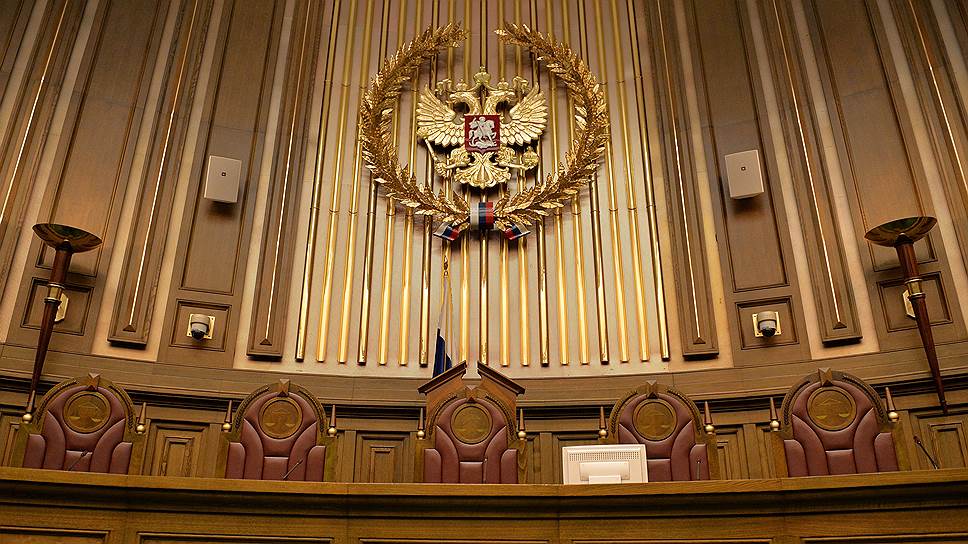
The Armed Forces of the Russian Federation conducts a careful selection of complaints and submissions received at the reception.
To properly submit them, a number of rules must be taken into account.
So, the text of the document should include the following:
- Information about the court to which the document is sent (name, address, zip code, F. I. O. of the presiding judge).
- Information about the applicant (address, F. I. O. and other information by which the court will be able to contact the applicant if necessary).
- Information about the courts that previously made the decision in this case.
- Information on decisions made by subordinate bodies (content).
- A reference to decisions that, in the applicant’s opinion, are contrary to the law and violate their rights.
- An indication of the legal basis for review of judicial decisions.
- Legislation used in proving.
- Claim or request of the applicant.
If the applicant is a person who is not involved in the case, but whose rights are violated by a decision, the citizen must indicate the list of violated rights.
A complaint or representation filed with a supervisory court is dated and signed by the submitting person, and in the case of a representation, by the Attorney General or his deputy.
The appendix contains a list of documents submitted with the complaint. Be sure to attach copies of decisions made by lower courts. Each copy is certified in court, because the copied document will not have legal force, and the court is not competent to consider such a decision.
The production in a court of supervisory authority, the procedural actions for which are necessary to establish a full understanding of what happened, requires the original documents or only certified copies.
Return of complaint or submission in a criminal case without examination of the merits
The NI court has the right to return the complaint / submission without consideration if the submitted document is not drawn up in the form specified by law, the applicant does not have the right to file a complaint, and also if the citizen missed the deadline for appeal. In addition, the applicant has the right to submit an application for revocation of the submitted documents until the complaint is accepted for consideration. The prosecutor has the same right.
The legislator sets a period of ten days. During this period of time, the NI court must return the complaint or presentation to the applicant.
Entry into force of the decision of the Presidium of the Armed Forces of the Russian Federation
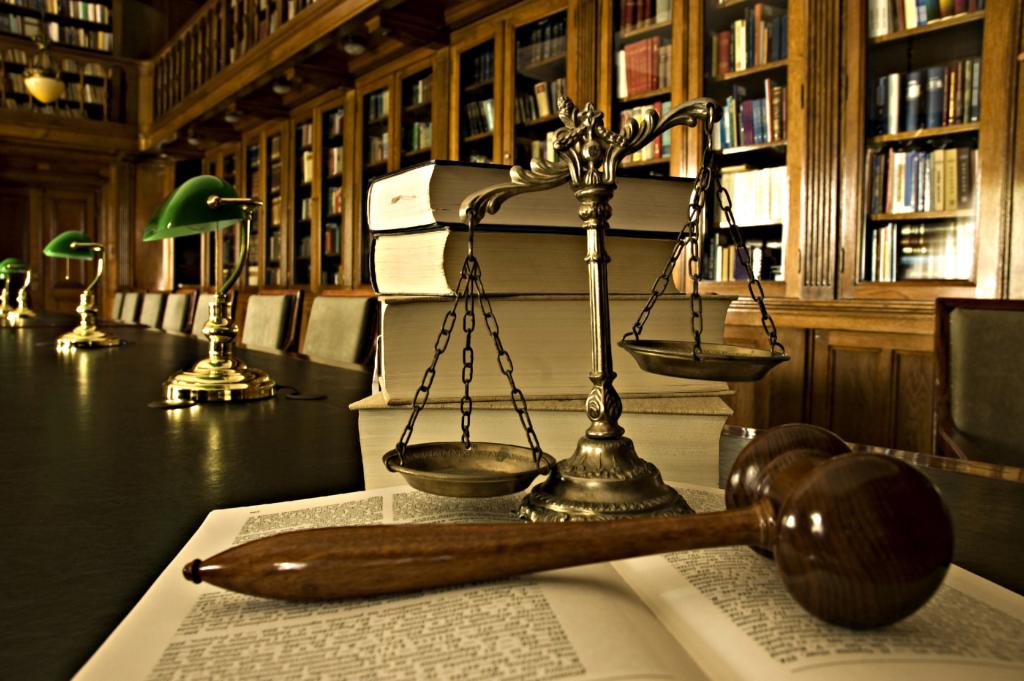
The courts of the Russian Federation have the property to set their own dates for the entry into force of a court decision. So, on appeal, the decision comes into force by law within a month. This term can be edited by indicating in the decision the date of the document and the date of the final decision. Thus, the decision can enter into force a few days later than the court hearing was carried out.
The Supreme Court of the Russian Federation does not follow the above rule, therefore, in accordance with the law, the decision of the Presidium when considering a case in a supervisory instance becomes legal from the day the decision is announced.
Thus, the order of production in a supervisory court is stricter. Therefore, to approach the issue of appeal in a higher court should be responsible. The CPC regulates the production in the court of supervisory authority by means of the chapter allocated for the correct resolution of the issue. In the Code, it is listed at number 48.
